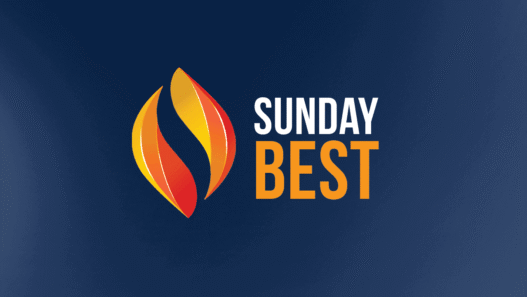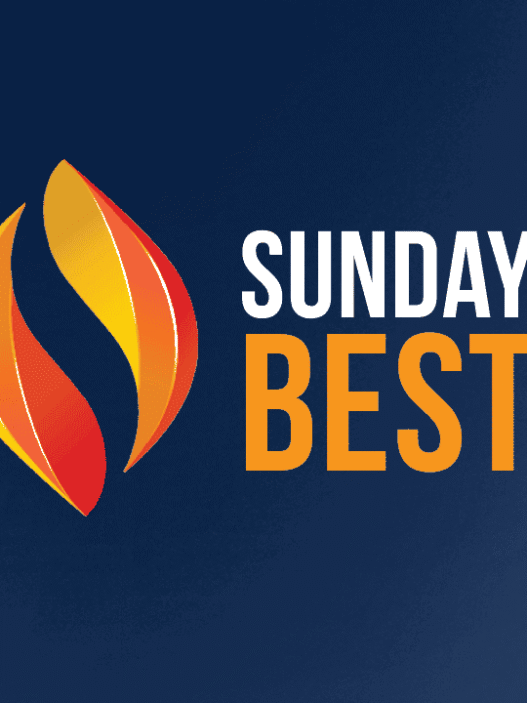When I first began budgeting, I wasn't trying to build wealth. I was just trying to survive.
I was a newly single mom, making $30,000 a year, supporting my son alone, and buried under $77,000 of debt. I wasn't sleeping. I was constantly anxious. I felt like I was failing—not just financially, but as a mother, as a woman, as a person.
I had no roadmap. No financial mentor. No perfect plan. I just knew something had to change.
And so I started—messily, imperfectly, but with determination. I created my own method because the ones I saw online didn't work for my life. I was tracking every dollar with highlighters at my kitchen table, trying to make sense of it all between bedtime routines and past-due notices.
Now, over ten years later, I'm debt-free, financially independent, and running a business that helps millions of others do the same. But if I could go back and speak to the woman I was at the very beginning, here's what I would tell her. Here's what I'd do differently—because hindsight doesn't just bring clarity, it brings compassion.
1. I'd Stop Trying to Be Perfect and Start Trying to Be Honest
In the beginning, I treated budgeting like a test I had to ace. If I went over budget in one category or forgot to write down a transaction, I felt like I had failed. I'd scrap the plan and start over, again and again.
What I've learned: Budgeting is not about being perfect. It's about being honest—with yourself, your habits, your priorities, and your real life. A good budget reflects you, not an ideal version of you. The sooner you accept that, the sooner budgeting becomes a tool for peace, not pressure.
2. I'd Address the Emotional Side of Money Sooner
I used to think the problem was just numbers. That if I could just plug in the right budget, everything would fall into place. But I didn't realize that my spending habits were tangled up with deeper feelings: fear, shame, loneliness, even trauma.
I bought things to feel better. To feel less alone. To feel in control. And then I felt worse after.
What I know now: Until you address the why behind your spending, the how won't stick. Money is never just about math—it's about emotions, survival, and identity. When I finally faced that, it changed everything.
3. I'd Create a Daily Money Routine—Not Just a Budget
I used to check in with my budget only when things went wrong. When my account was overdrawn or I couldn't cover a bill, then I'd look. But by then, it was already damage control.
Now, I have a daily money routine. It takes me five minutes in the morning. I check my accounts, log my spending, move money around if needed, and mentally prepare for the day.
Why it matters: A daily routine builds confidence. It gives you awareness without anxiety. It creates a relationship with your money—one based on trust, not avoidance.
4. I'd Learn to Adapt My Methods, Not Just Copy Someone Else's
I started with cash envelopes because they worked for me. But for a long time, I thought that was the only way. I didn't understand how to budget digitally or adapt the method to different seasons of life.
Eventually, I learned to make the system fit me, instead of forcing myself to fit the system.
What I wish I knew: There is no one-size-fits-all method. The best budgeting method is the one that feels intuitive, manageable, and sustainable for you.
5. I'd Give Myself Permission to Spend—Without Guilt
In the early days, spending any money—especially on myself—felt wrong. I deprived myself of small joys, thinking that was the only way to reach financial goals faster.
But it wasn't sustainable. And worse—it made me resent budgeting. It felt like punishment.
What I've learned: A budget isn't about saying “no” to everything. It's about saying “yes” to the things that matter most. When you give yourself permission to spend intentionally, you build a healthier, more joyful relationship with money.
6. I'd Start Saving Small—Even $5 at a Time
I thought saving only counted if it was “significant.” I told myself I'd start once I could put aside $200 a month. But that number kept feeling out of reach. So I didn't save anything.
Eventually, I started saving $20 per paycheck. That small habit grew into emergency funds, sinking funds, and eventually—real financial stability.
What I now teach: Consistency beats quantity. Saving $5 every week is better than saving nothing while waiting to “do it right.”
7. I'd Talk to Others About Money (Even When It's Uncomfortable)
I kept my money struggles to myself for a long time. I felt embarrassed, like I was the only one drowning in debt. But the silence was heavy. And it made everything harder.
When I finally started opening up—even just to one friend—it shifted everything. It gave me space to grow without shame.
Why it matters: Talking about money breaks the cycle of silence. It builds community, accountability, and compassion. And that support system is just as important as any budget tool.
8. I'd Define My Own Version of Success
In the beginning, I thought success looked like a specific dollar amount or a picture-perfect life. But that was someone else's version of success, not mine.
It took years of trial, error, and self-reflection to understand what I actually wanted: peace of mind, the freedom to be present with my kids, and enough money to make empowered choices—not just survive.
What I know now: Your financial goals should reflect your values—not social media. It's okay if your dream life doesn't look like everyone else's.
9. I'd Start Sinking Funds Immediately
For a long time, every unexpected expense felt like a crisis. Birthdays, car repairs, back-to-school shopping—these things weren't emergencies, but they felt like them because I wasn't prepared.
Once I discovered sinking funds—setting aside a small amount each month for expected-but-irregular expenses—everything changed.
Lesson learned: Sinking funds reduce stress, give you options, and help you prepare without panic. They're one of the most underrated budgeting tools out there.
10. I'd Celebrate Small Wins Along the Way
I used to think only the “big wins” counted—paying off a whole credit card, hitting a savings milestone, finally becoming debt-free. But those moments are rare. And waiting for them can feel discouraging.
What I've learned is that the small wins matter just as much. Saying no to an impulse purchase. Showing up for your money routine. Making a payment, no matter how small.
Because here's the truth: You don't build a strong financial life in leaps. You build it in steps.
Final Thoughts
If I could go back, I'd give myself more grace. I'd stop chasing perfection and start chasing understanding. I'd worry less about what others thought and more about what actually worked for me. I'd start where I was—with what I had—and trust that that was enough.
So if you're just starting your budgeting journey—or restarting for the tenth time—know this:
You're not behind. You're not broken. You're not bad with money.
You're just at the beginning. And beginnings are allowed to be messy, honest, and human.



















